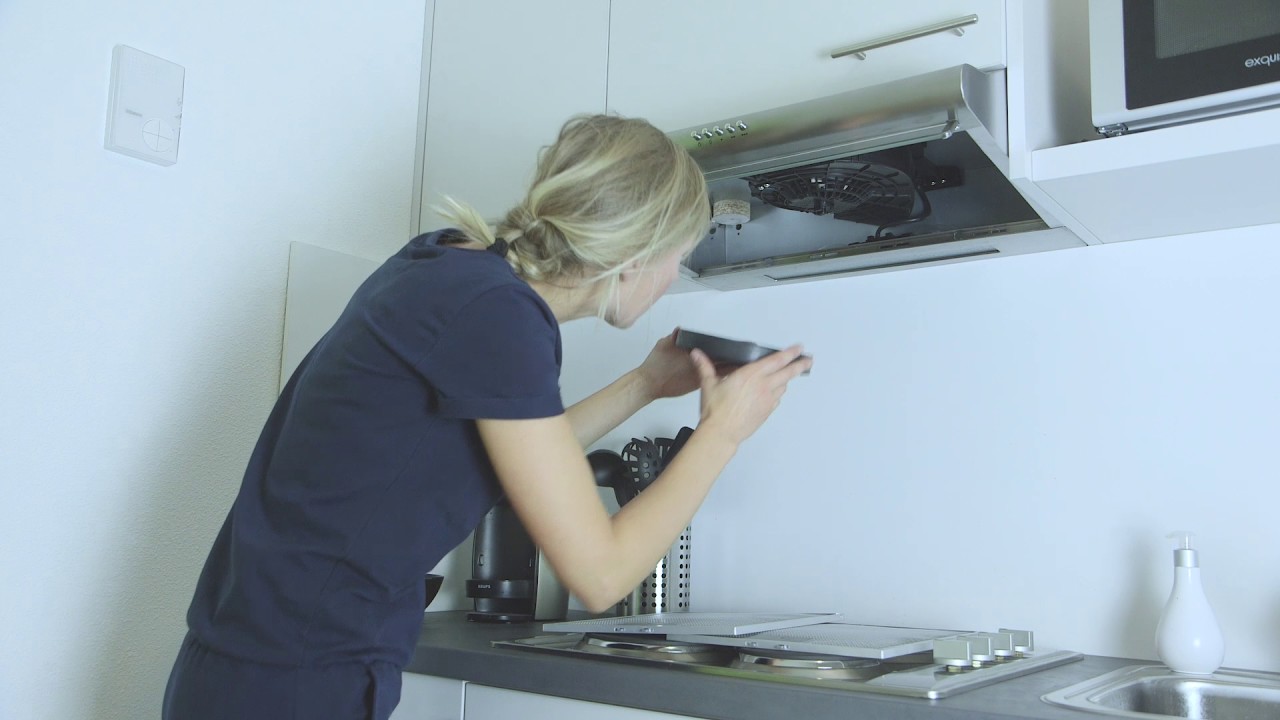

Articles
What Is A Charcoal Filter Range Hood
Modified: October 29, 2024
Discover the benefits of using a charcoal filter range hood and how it improves air quality. Read our informative articles to learn more.
(Many of the links in this article redirect to a specific reviewed product. Your purchase of these products through affiliate links helps to generate commission for Storables.com, at no extra cost. Learn more)
Introduction
When it comes to maintaining a clean and healthy kitchen environment, having a reliable range hood is essential. One type of range hood that has gained popularity in recent years is the charcoal filter range hood. Combining functionality with modern design, these range hoods filter out odors and smoke, ensuring a fresh and odor-free cooking space.
In this article, we will explore the concept of a charcoal filter range hood and delve into how it effectively removes contaminants from the air. We will also discuss the benefits of incorporating a charcoal filter range hood into your kitchen, as well as the limitations and maintenance required to ensure optimal performance.
Whether you are a seasoned cook or simply someone who enjoys spending time in the kitchen, understanding the benefits and drawbacks of a charcoal filter range hood will help you make an informed decision when choosing the best range hood for your needs.
Key Takeaways:
- Charcoal filter range hoods effectively remove odors and pollutants, improving air quality and offering flexibility in installation for spaces without exterior venting options.
- Regular maintenance and care, including filter replacements and cleaning, are essential for ensuring optimal performance and longevity of charcoal filter range hoods.
Read more: What Is A Range Hood Filter
Definition of a Charcoal Filter Range Hood
A charcoal filter range hood, also known as a carbon filter range hood, is a type of ventilation system commonly installed above stoves or cooktops in kitchens. Unlike traditional range hoods that rely solely on ducted ventilation to remove contaminants, charcoal filter range hoods incorporate specialized charcoal filters to effectively trap and neutralize airborne pollutants.
The charcoal filters used in these range hoods consist of granulated activated carbon, which has been treated to enhance its adsorption capabilities. This unique filtration system is designed to effectively capture and eliminate odors, smoke, grease, and other impurities that are generated during cooking.
Charcoal filter range hoods are an excellent choice for kitchens that do not have access to exterior ventilation, such as apartments or homes without ductwork. By absorbing and neutralizing odors and pollutants, these range hoods help to maintain a clean and pleasant kitchen environment.
It is important to note that charcoal filter range hoods are not designed to remove heat or moisture from the kitchen. They primarily focus on improving air quality by minimizing odors and contaminants. If heat and moisture extraction are your primary concerns, a ducted range hood may be more appropriate.
Overall, a charcoal filter range hood serves as a crucial component in maintaining a healthy and odor-free cooking space. By effectively filtering out pollutants and keeping the air clean, it contributes to a more comfortable and enjoyable cooking experience.
How Charcoal Filter Range Hoods Work
Charcoal filter range hoods operate through a multi-step process to effectively remove odors and pollutants from the air. Understanding the inner workings of these range hoods will give you insight into how they are able to maintain a fresh and clean kitchen environment.
1. Capture: When you cook, smoke, grease, and odors are released into the air. The first step in the filtration process is to capture these contaminants. The range hood’s intake fan draws in the polluted air, directing it towards the charcoal filter.
2. Filtration: The charcoal filter plays a vital role in adsorbing and trapping the impurities present in the air. Activated carbon, which has an extremely porous surface, acts as a magnet for odor molecules and other contaminants. As the air passes through the filter, the carbon surface absorbs these pollutants, effectively purifying the air.
3. Neutralization: In addition to capturing odors and pollutants, the activated carbon in the charcoal filter also helps neutralize the absorbed substances. The carbon molecules chemically react with the odor molecules, breaking them down and reducing their potency. This process results in a noticeably fresher and cleaner kitchen environment.
4. Recirculation: Once the air has passed through the charcoal filter and been purified, it is then released back into the kitchen. Charcoal filter range hoods typically feature a recirculation system, which allows the cleaned air to be recirculated back into the space. This ensures that the kitchen remains odor-free while maintaining a comfortable temperature.
It’s important to note that the efficiency of a charcoal filter range hood depends on several factors, including the quality and condition of the charcoal filter itself. Over time, the activated carbon becomes saturated with pollutants and may need to be replaced for optimal performance.
By effectively capturing, filtering, and neutralizing odors and contaminants, charcoal filter range hoods provide a reliable solution for maintaining a fresh and clean kitchen environment, even in spaces where exterior ventilation is not available.
Benefits of Using a Charcoal Filter Range Hood
Using a charcoal filter range hood in your kitchen can offer a wide range of benefits, making it a worthwhile investment for any cooking enthusiast. Let’s explore some of the advantages that come with incorporating this type of range hood into your kitchen setup.
- Effective Odor Removal: One of the primary benefits of a charcoal filter range hood is its ability to effectively remove cooking odors from the air. The activated carbon in the filter works to adsorb and neutralize odors, leaving your kitchen smelling fresh and clean.
- Improved Air Quality: Cooking can release airborne pollutants such as smoke, grease, and other contaminants. A charcoal filter range hood helps to trap and filter out these impurities, improving the overall air quality in your kitchen. This can be particularly beneficial for individuals with respiratory sensitivities or allergies.
- Flexibility in Installation: Unlike ducted range hoods that require a ventilation system to expel air outside, charcoal filter range hoods offer greater flexibility in installation. Since they recirculate the purified air back into the kitchen, they can be installed in spaces where ductwork is not feasible, such as apartments or homes without exterior venting options.
- Energy Efficiency: Charcoal filter range hoods are generally more energy-efficient than ducted range hoods. Without the need for exterior ventilation, they do not expel heated or cooled air from your home, helping to maintain a comfortable indoor temperature and potentially reducing energy consumption.
- Enhanced Aesthetics: Charcoal filter range hoods come in a variety of stylish designs and finishes, allowing you to find one that complements your kitchen decor. They can serve as a visually appealing focal point, adding a touch of modernity and elegance to your cooking space.
By investing in a charcoal filter range hood, you can enjoy cleaner air, reduced odors, and improved overall kitchen experience. These benefits make it an excellent choice for those who prioritize air quality, flexibility, and aesthetics in their kitchen setup.
When using a charcoal filter range hood, it’s important to regularly replace the charcoal filters to maintain optimal performance and ensure effective removal of odors and pollutants from the air.
Limitations of Charcoal Filter Range Hoods
While charcoal filter range hoods offer several advantages, it’s important to be aware of their limitations. Understanding these limitations will help you make an informed decision when selecting a range hood for your kitchen. Let’s explore some of the potential drawbacks of charcoal filter range hoods:
- No Heat and Moisture Extraction: Unlike ducted range hoods, which expel heat and moisture outside, charcoal filter range hoods do not provide ventilation. They primarily focus on filtering and purifying the air, which means they do not effectively extract hot air and humidity from your kitchen. If heat and moisture removal is a priority for you, a ducted range hood may be a better option.
- Regular Filter Replacement: The activated charcoal filters in charcoal filter range hoods have a limited lifespan. Over time, they become saturated with contaminants and lose their adsorption capacity. This means you will need to replace the filters periodically to maintain optimal performance. Depending on your cooking frequency and the pollutants present in your kitchen, filter replacements may be required every 6 to 12 months.
- Reduced Efficiency with Heavy Cooking: Charcoal filter range hoods may not be as effective in kitchens with heavy cooking or high levels of smoke and grease. The filters can become saturated more quickly, reducing their ability to effectively adsorb odors and pollutants. In such cases, more frequent filter replacements may be necessary, adding to the maintenance costs.
- Noisy Operation: Charcoal filter range hoods typically operate at higher fan speeds to compensate for the lack of ducted ventilation. This can result in increased noise levels compared to ducted range hoods. However, advancements in technology have led to the development of quieter models, so it’s worth considering the noise level when selecting a charcoal filter range hood.
- Some Compromise in Airflow: Since charcoal filter range hoods recirculate the air back into the kitchen, there may be a slight compromise in airflow compared to ducted range hoods. However, this can be mitigated by selecting a range hood with an appropriate CFM (cubic feet per minute) rating and ensuring proper installation.
By understanding these limitations, you can make an informed decision about whether a charcoal filter range hood aligns with your specific cooking needs and kitchen requirements.
Read more: What Is A Range Hood
Maintenance and Care of Charcoal Filter Range Hoods
To ensure the optimal performance and longevity of your charcoal filter range hood, proper maintenance and regular care are essential. By following these maintenance guidelines, you can keep your range hood operating efficiently and effectively:
- Regular Filter Replacement: The charcoal filters in your range hood need to be replaced periodically to maintain their adsorption capabilities. Check the manufacturer’s recommendations for the specific timeframe, but generally, filters should be replaced every 6 to 12 months, depending on your cooking frequency and the level of pollutants in your kitchen.
- Clean the Exterior: Wipe the exterior surfaces of your range hood regularly using a damp cloth and mild detergent. This will help remove any grease, grime, or dust that may accumulate over time. Avoid using abrasive cleaners or scrub brushes, as they can damage the finish of your range hood.
- Clean the Grease Filter: If your charcoal filter range hood has a separate grease filter, it’s important to clean or replace it as needed. Grease filters trap and collect grease particles, preventing them from entering the charcoal filter. Clean the grease filter according to the manufacturer’s instructions, or replace it if it is damaged or excessively soiled.
- Inspect and Clean Ventilation Openings: Periodically inspect the ventilation openings of your range hood to ensure they are not obstructed by debris or buildup. Use a soft brush or vacuum cleaner to remove any dust, dirt, or grease that may accumulate on the openings. Clearing the ventilation openings will ensure proper airflow and ventilation.
- Check Fan and Lighting: Regularly check the fan and lighting components of your range hood to ensure they are functioning properly. If you notice any issues such as noisy operation or flickering lights, consult the manufacturer’s instructions or contact a professional for assistance.
- Follow Manufacturer’s Instructions: Always refer to the manufacturer’s instructions for specific maintenance guidelines and recommendations for your charcoal filter range hood. These instructions may include additional maintenance steps or specific cleaning methods that are tailored to your specific model.
By following these maintenance practices, you can prolong the lifespan of your charcoal filter range hood and ensure it continues to operate efficiently, keeping your kitchen clean and odor-free.
Factors to Consider When Choosing a Charcoal Filter Range Hood
When selecting a charcoal filter range hood for your kitchen, there are several key factors to consider. Taking these factors into account will help you choose a range hood that is effective, efficient, and suits your specific needs. Here are some important considerations:
- Airflow Capacity: The airflow capacity of a range hood is measured in Cubic Feet per Minute (CFM). It determines how quickly the range hood can remove smoke and odors from the kitchen. Consider the size of your kitchen and the intensity of your cooking when selecting a range hood with an appropriate CFM rating. Larger kitchens or heavy cooking may require a higher CFM for optimal performance.
- Charcoal Filter Quality: Pay attention to the quality of the charcoal filters used in the range hood. Look for filters that are made with high-quality activated carbon, which has excellent adsorption properties. Higher quality filters will be more effective in trapping and neutralizing odors and pollutants, ensuring better air purification.
- Size and Design: Consider the size and design of the range hood to ensure it fits seamlessly into your kitchen space. Measure your cooking area and choose a range hood that provides adequate coverage. Additionally, consider the design and aesthetics of the range hood to ensure it complements your kitchen decor.
- Noise Level: Charcoal filter range hoods can produce varying levels of noise during operation. If noise is a concern for you, look for range hoods that are designed with noise reduction features. Some models use sound-dampening materials or have low-noise fan motors, providing a quieter cooking experience.
- Installation Requirements: Determine the installation requirements for the range hood. Consider whether you have access to exterior venting or if you require a ductless option. Charcoal filter range hoods are suitable for kitchens without ductwork, offering more flexibility in installation compared to ducted range hoods.
- Price and Warranty: Compare prices and warranty offerings from different manufacturers before making a decision. Consider the overall value of the range hood, including its features, performance, and warranty coverage. Investing in a reputable brand with a solid warranty can provide peace of mind and protect your investment.
By considering these factors, you can make an informed decision when selecting a charcoal filter range hood that meets your specific requirements and enhances your cooking experience.
Conclusion
A charcoal filter range hood can be a valuable addition to any kitchen, offering effective odor removal and improved air quality. While it may have some limitations, such as the lack of heat and moisture extraction, regular maintenance and care can help ensure its optimal performance.
When choosing a charcoal filter range hood, consider factors such as airflow capacity, charcoal filter quality, size and design, noise level, installation requirements, price, and warranty. Taking these factors into account will help you select a range hood that suits your needs and enhances your kitchen space.
By capturing, filtering, and neutralizing odors and contaminants, charcoal filter range hoods provide a reliable solution for maintaining a fresh and clean kitchen environment. Whether you live in a space without exterior venting or simply want to improve air quality in your kitchen, a charcoal filter range hood can be an excellent choice.
Remember to follow the manufacturer’s instructions for regular filter replacements and proper cleaning of your charcoal filter range hood to ensure its longevity and optimal performance. With proper care and maintenance, your range hood will continue to effectively remove odors, smoke, and pollutants from the air, creating a pleasant and enjoyable cooking experience.
In conclusion, investing in a charcoal filter range hood can greatly contribute to a healthier, more enjoyable cooking environment. Consider the benefits, limitations, and maintenance requirements when making your decision, and enjoy the fresh, clean air in your kitchen for years to come.
Frequently Asked Questions about What Is A Charcoal Filter Range Hood
Was this page helpful?
At Storables.com, we guarantee accurate and reliable information. Our content, validated by Expert Board Contributors, is crafted following stringent Editorial Policies. We're committed to providing you with well-researched, expert-backed insights for all your informational needs.
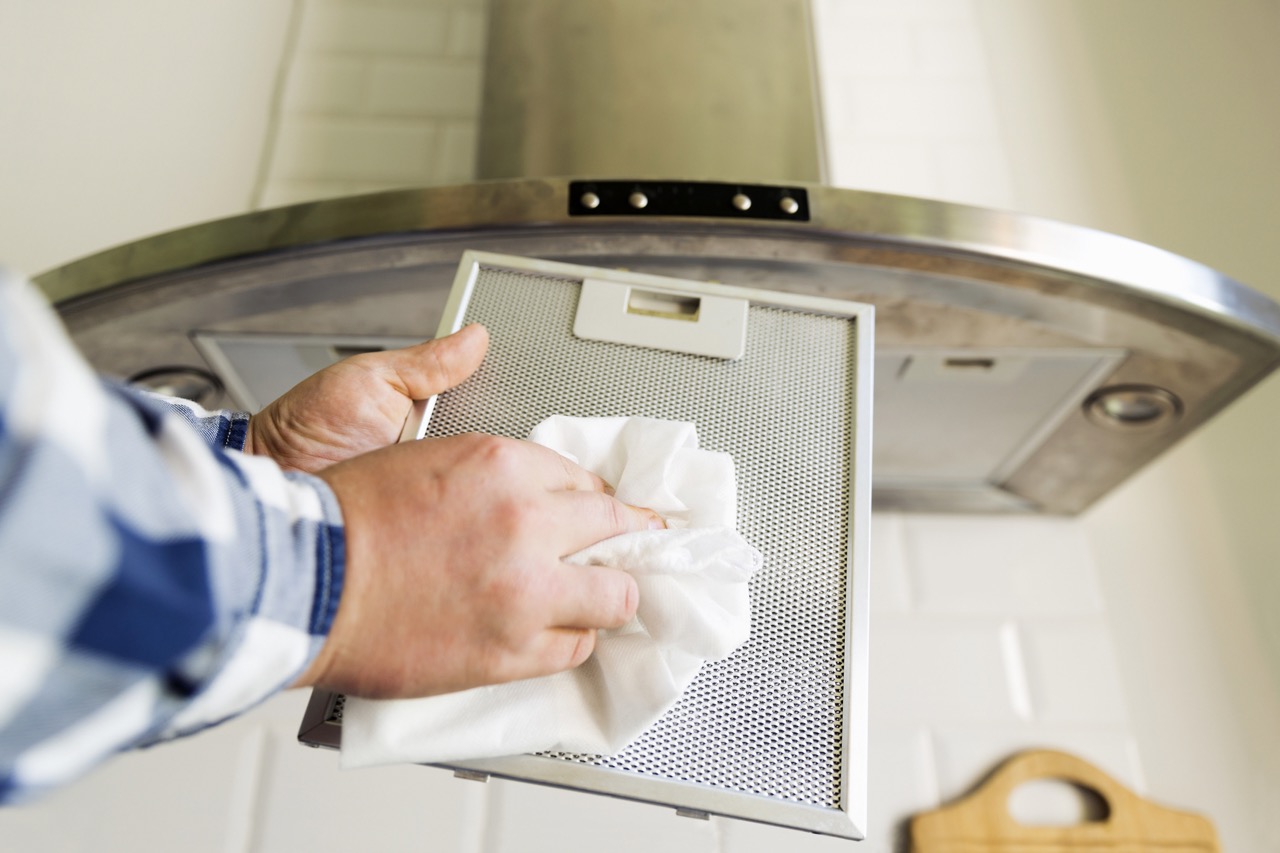
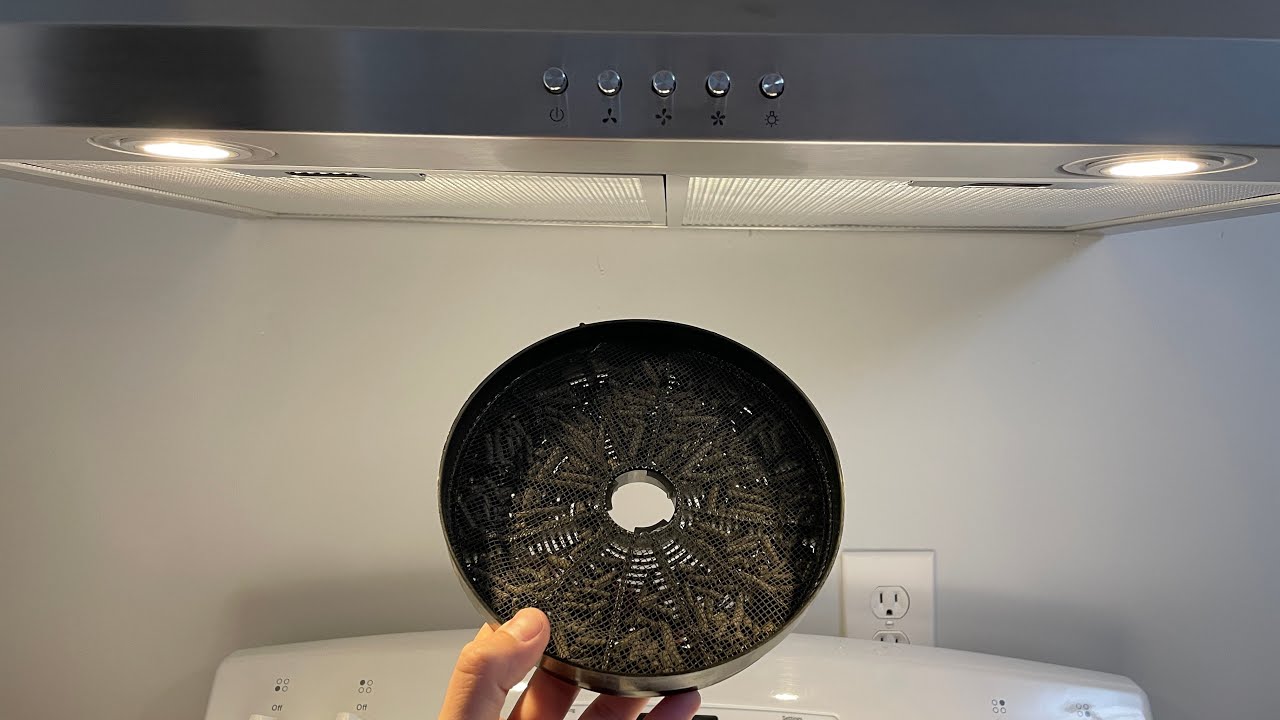
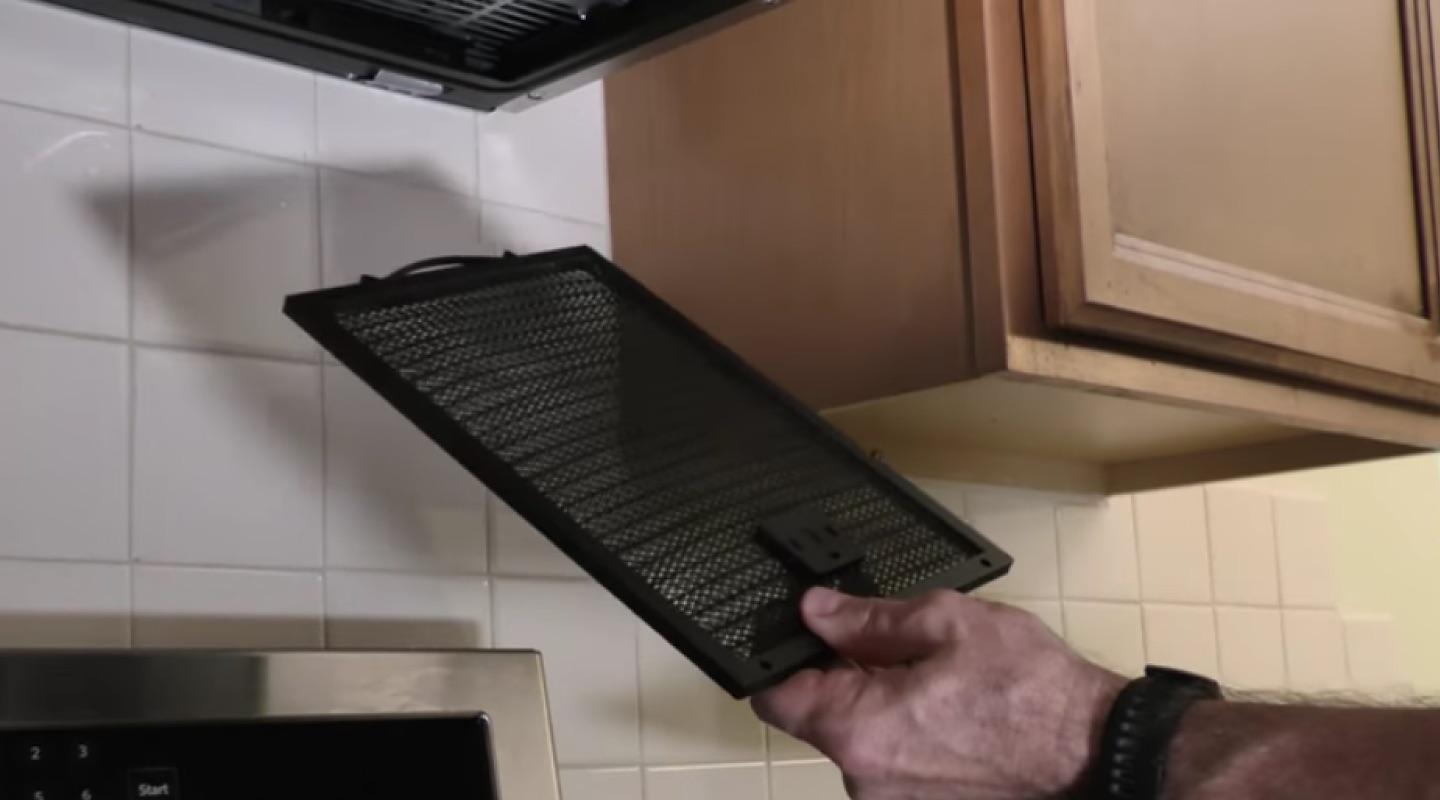
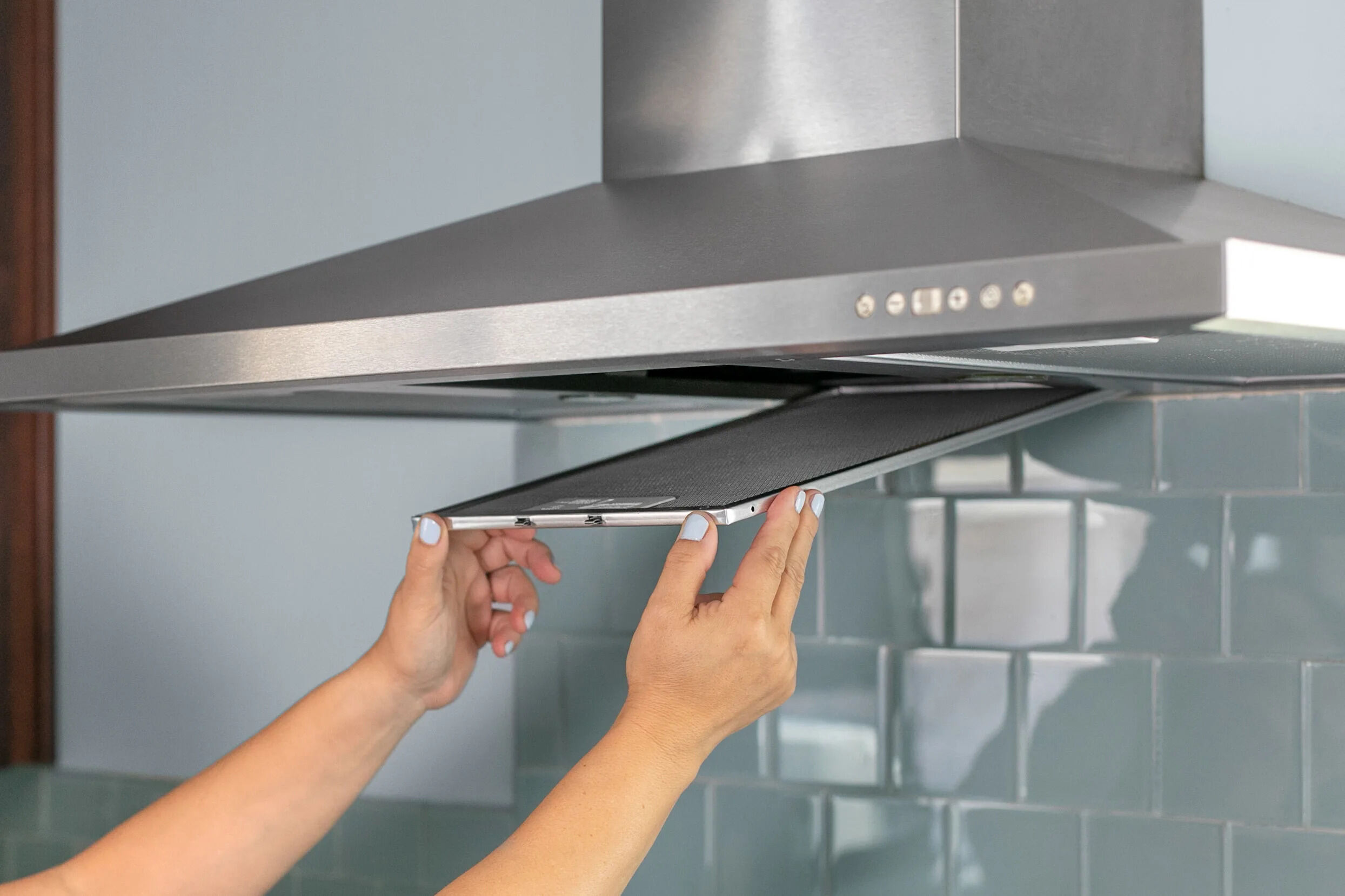
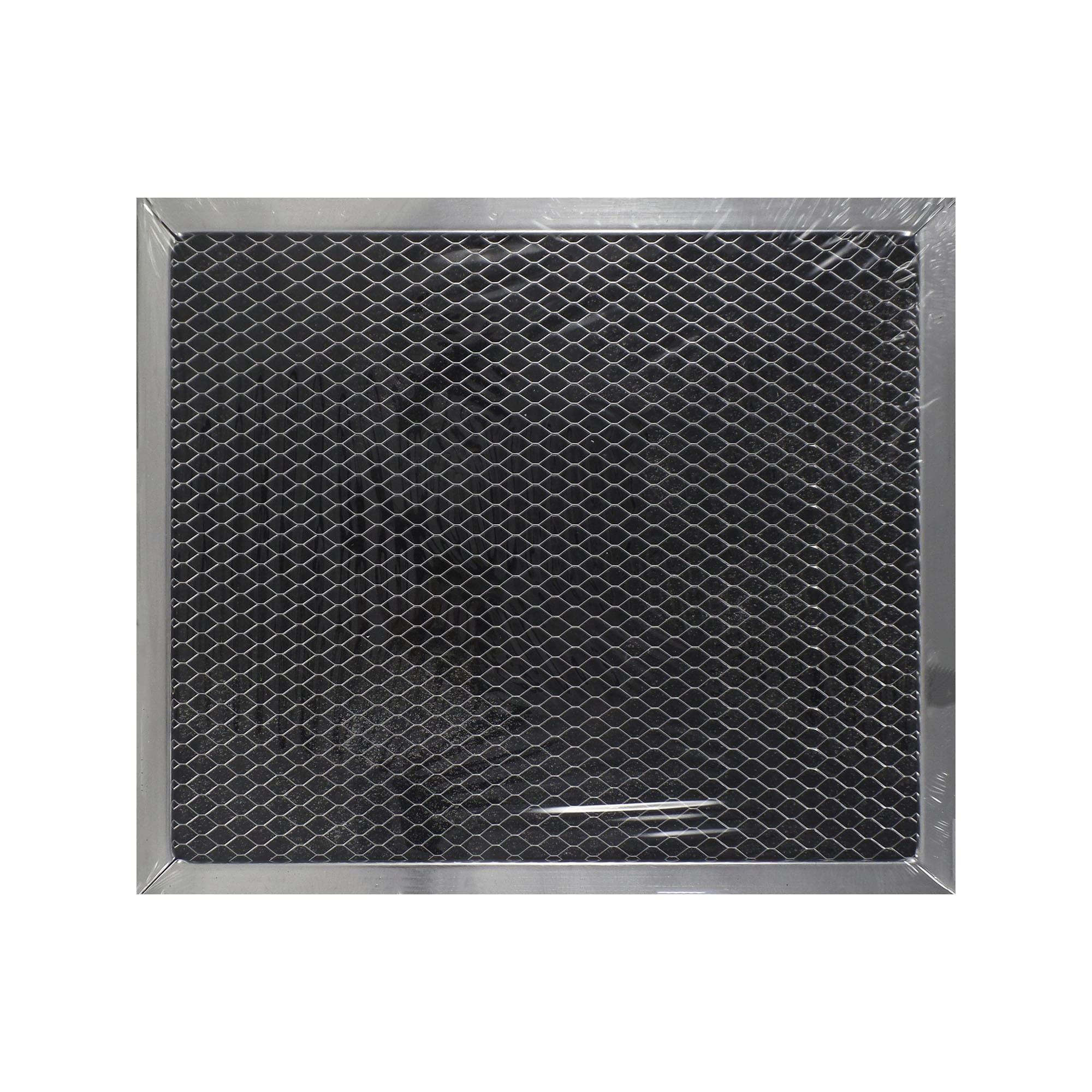
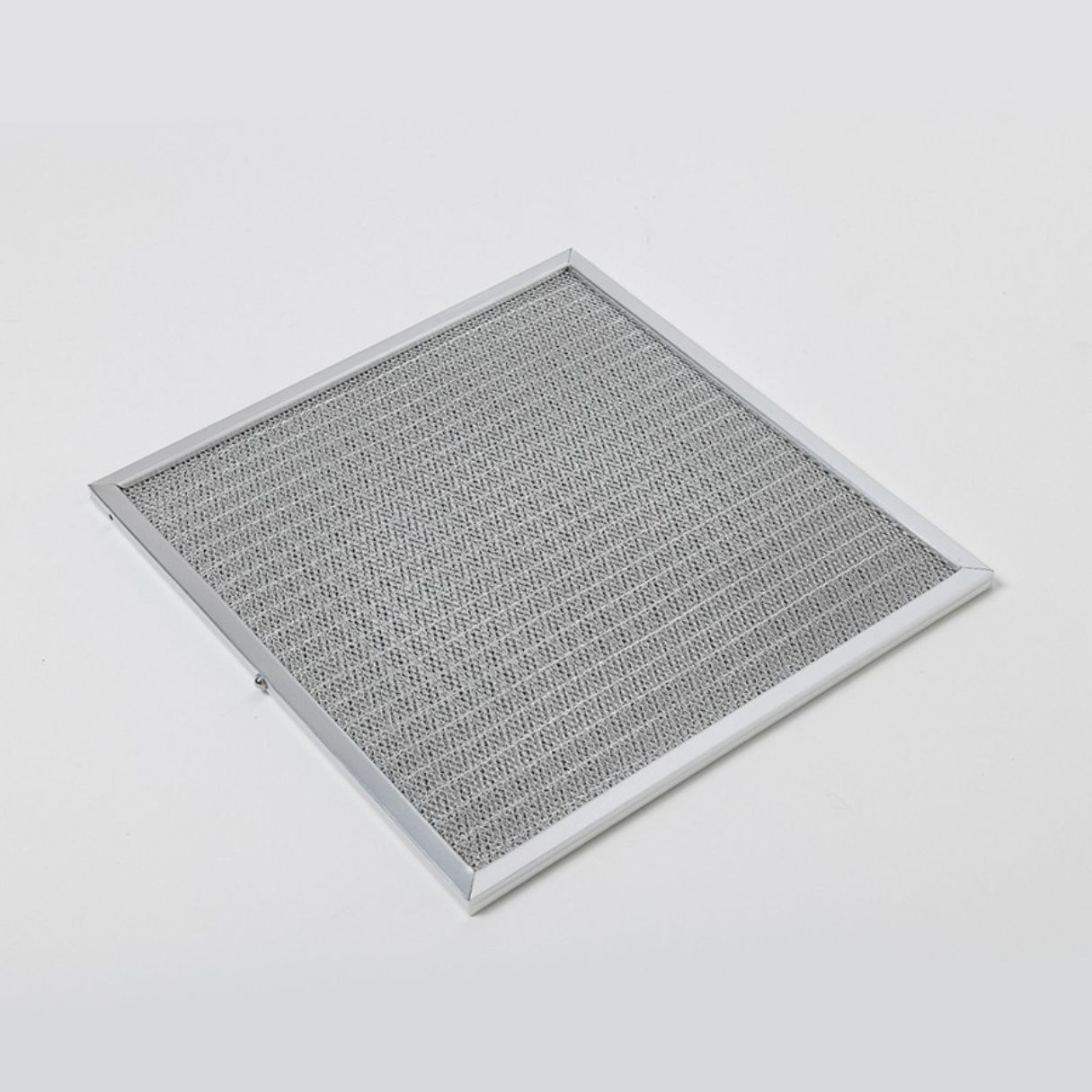
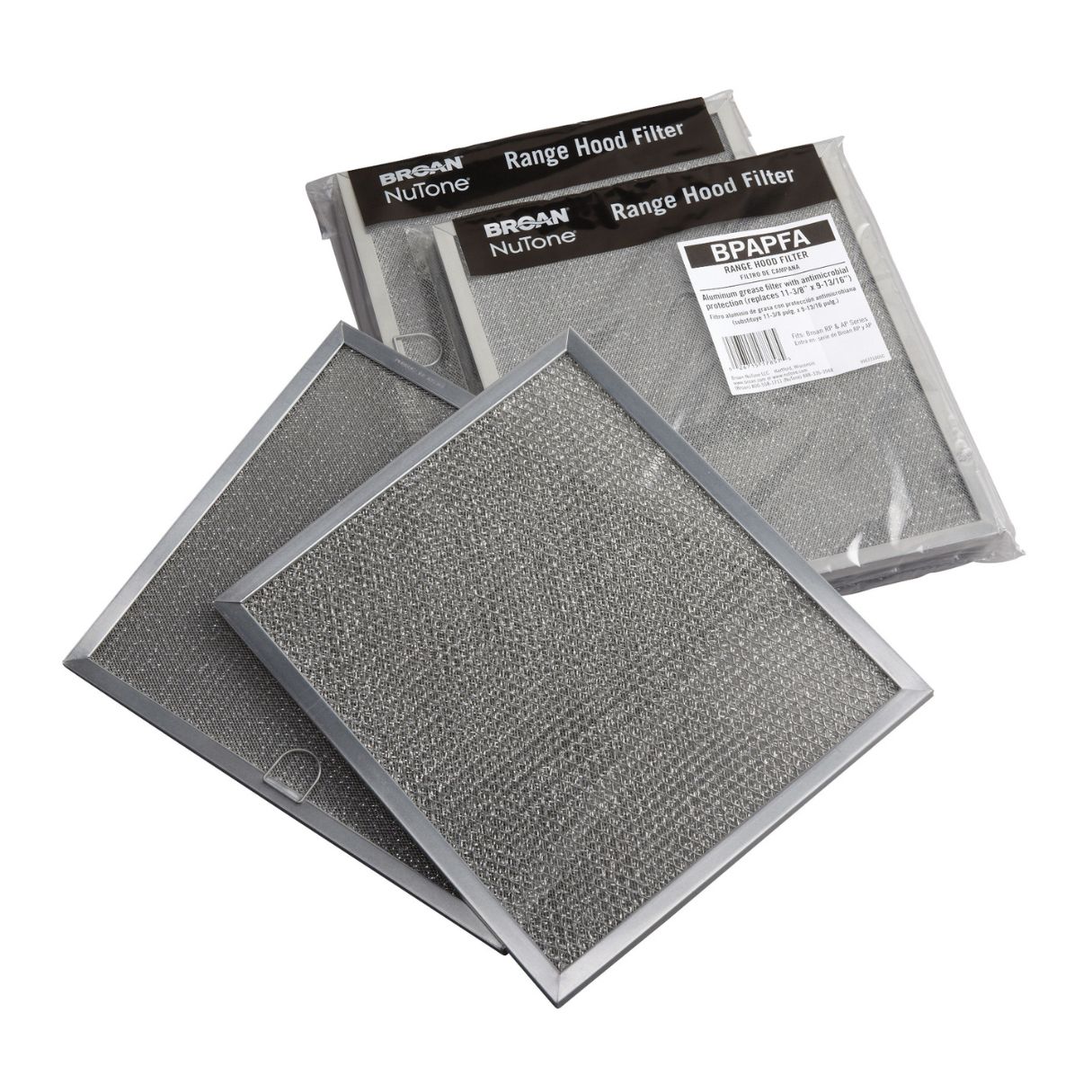
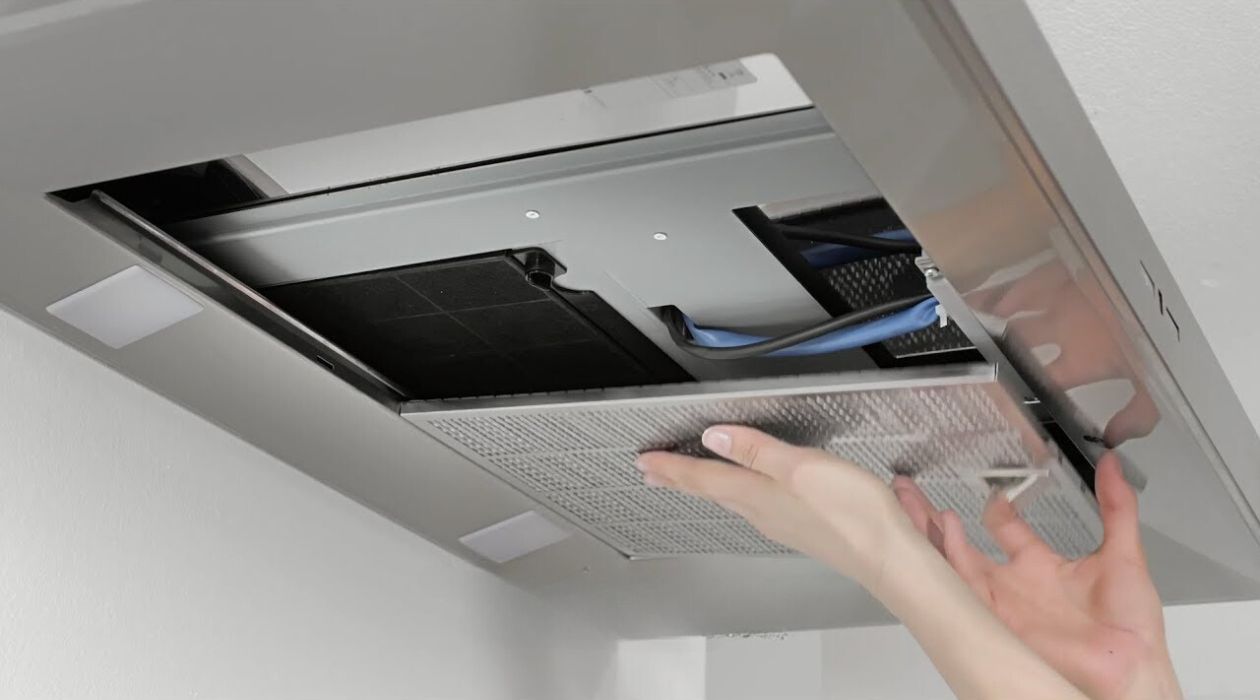
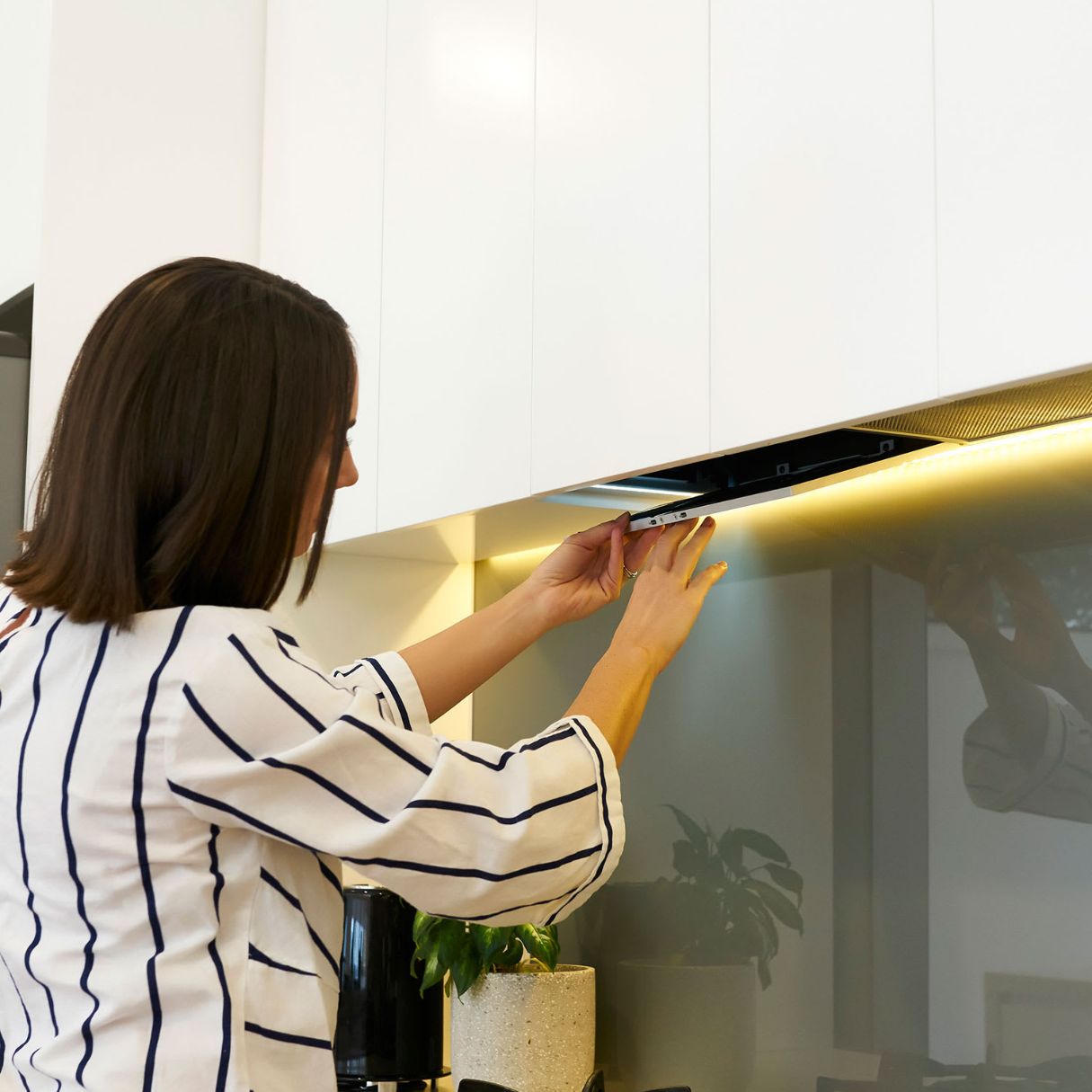
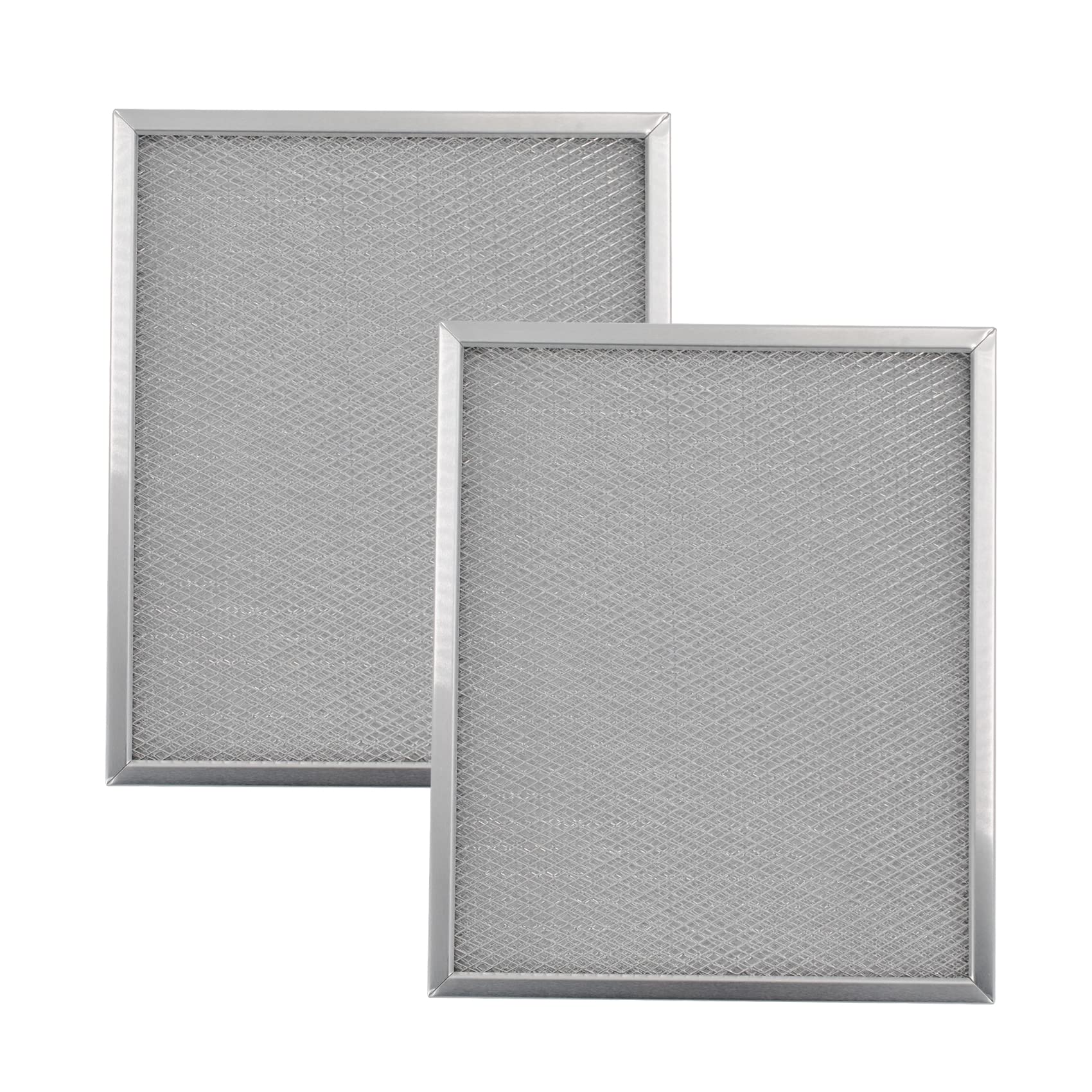
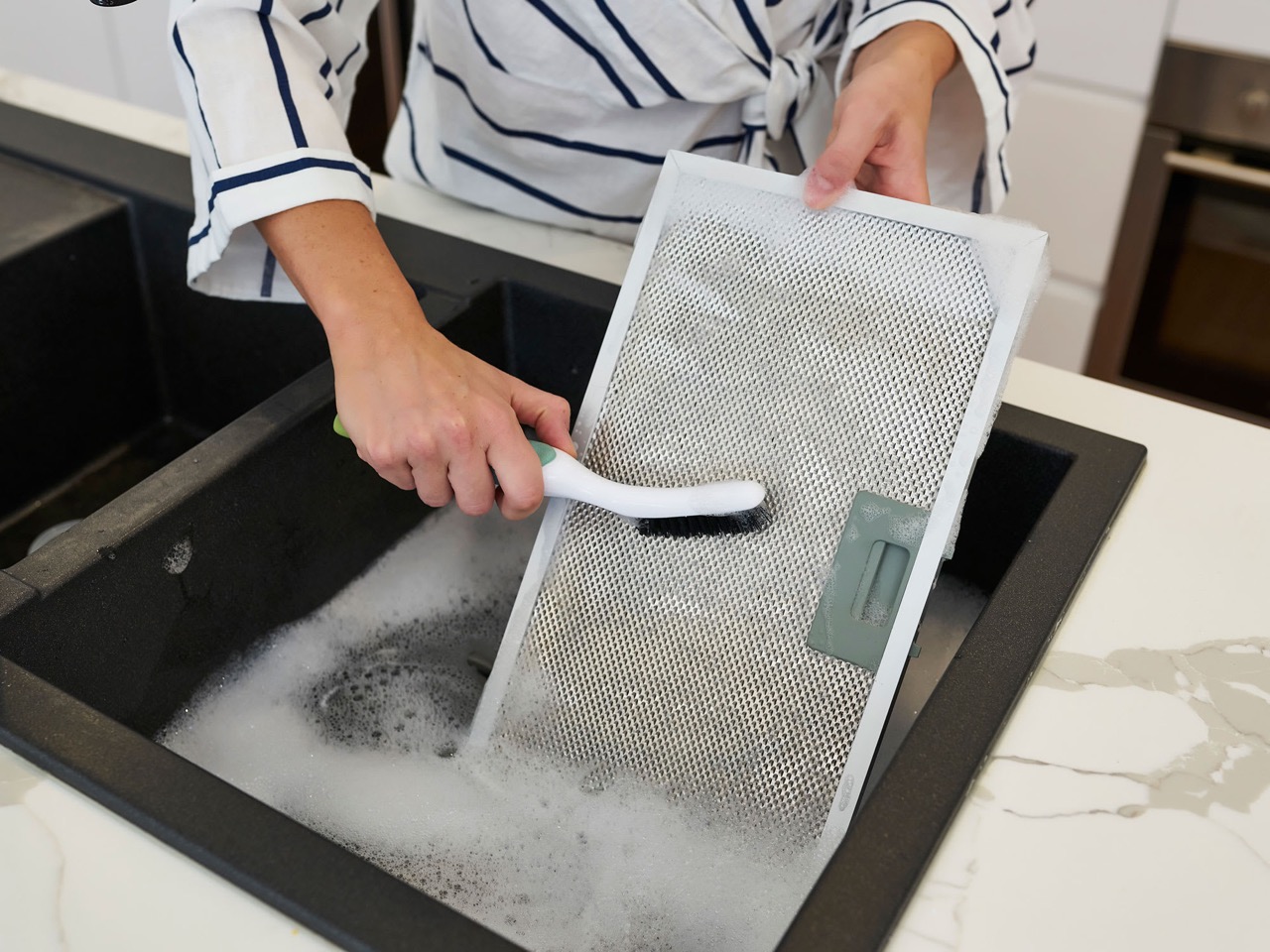
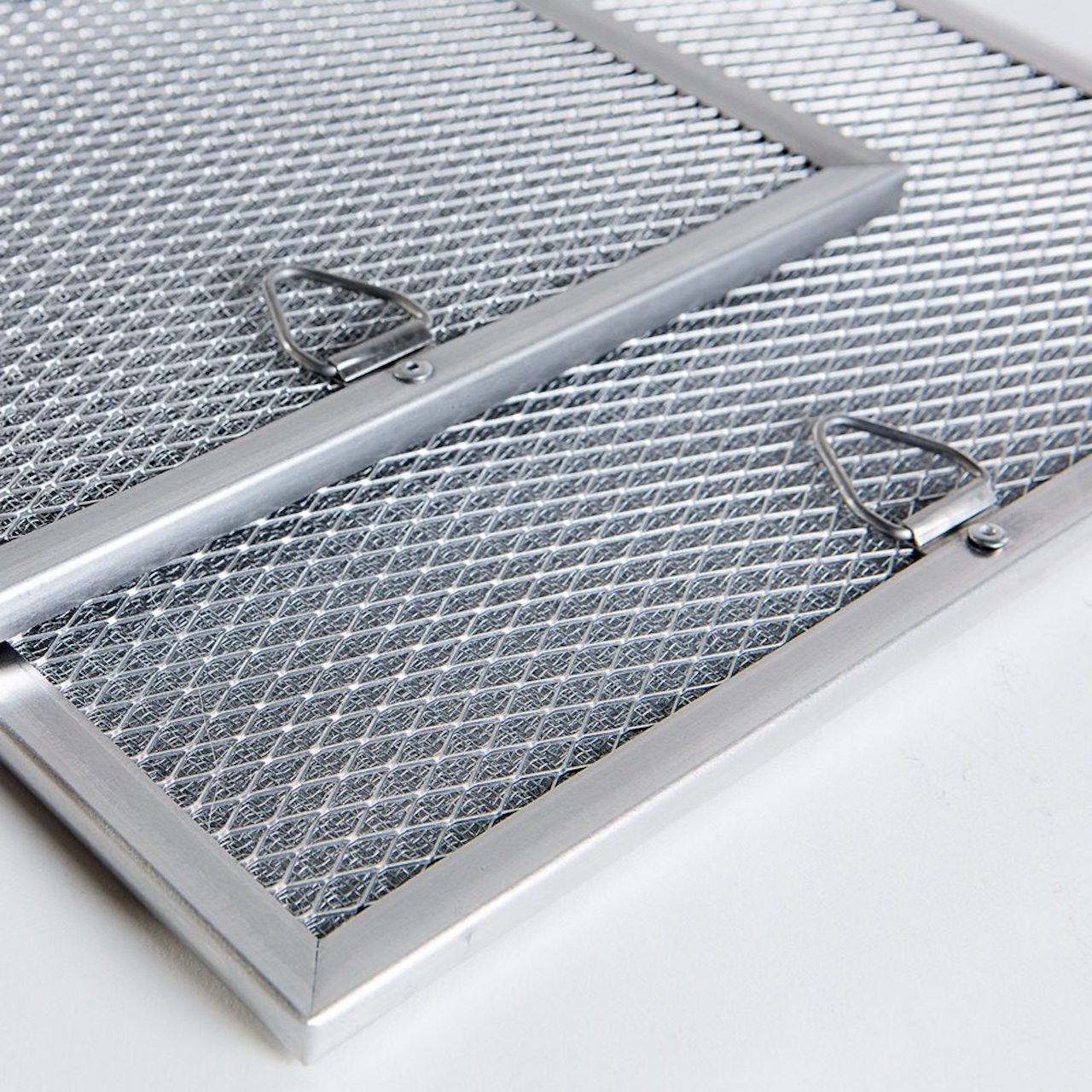
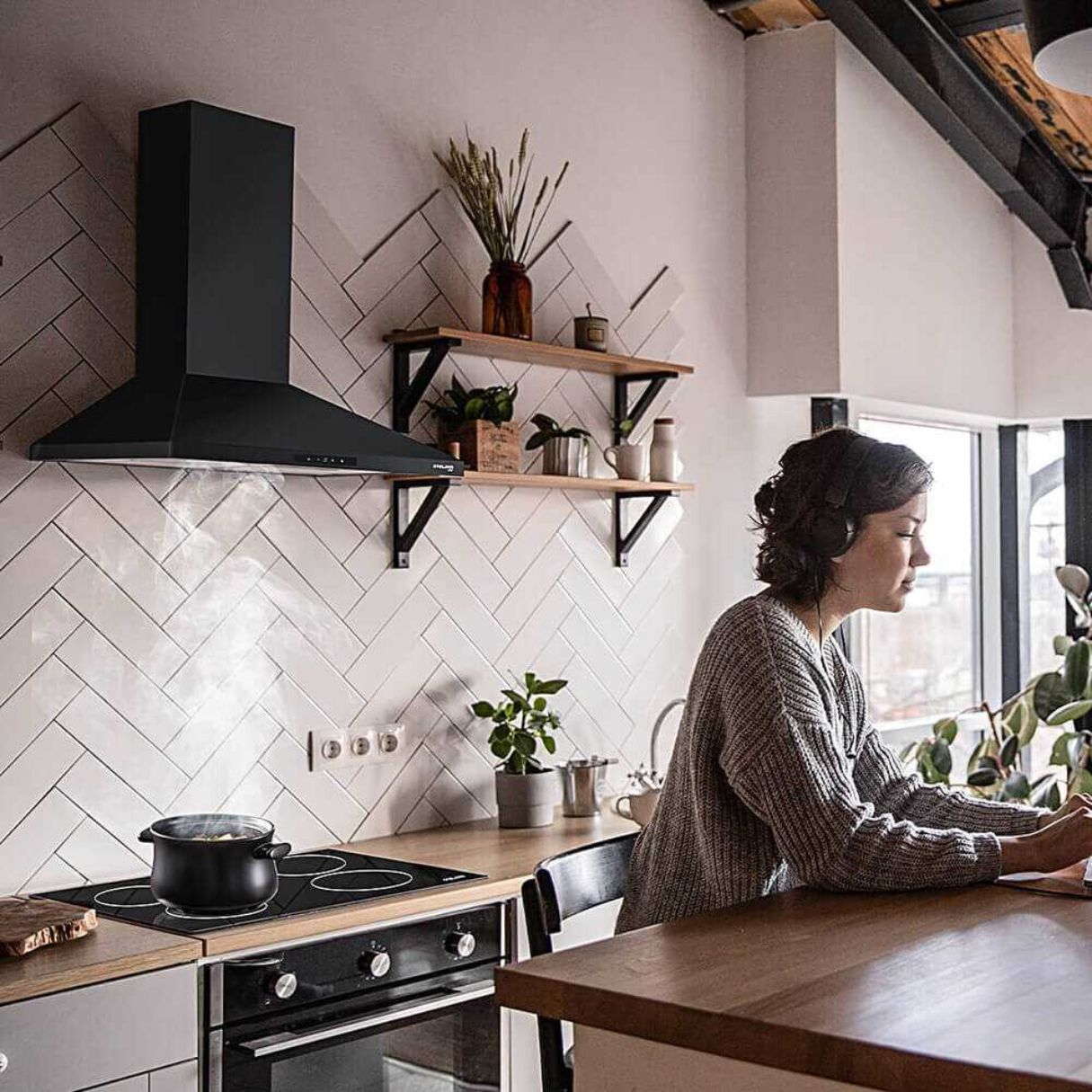
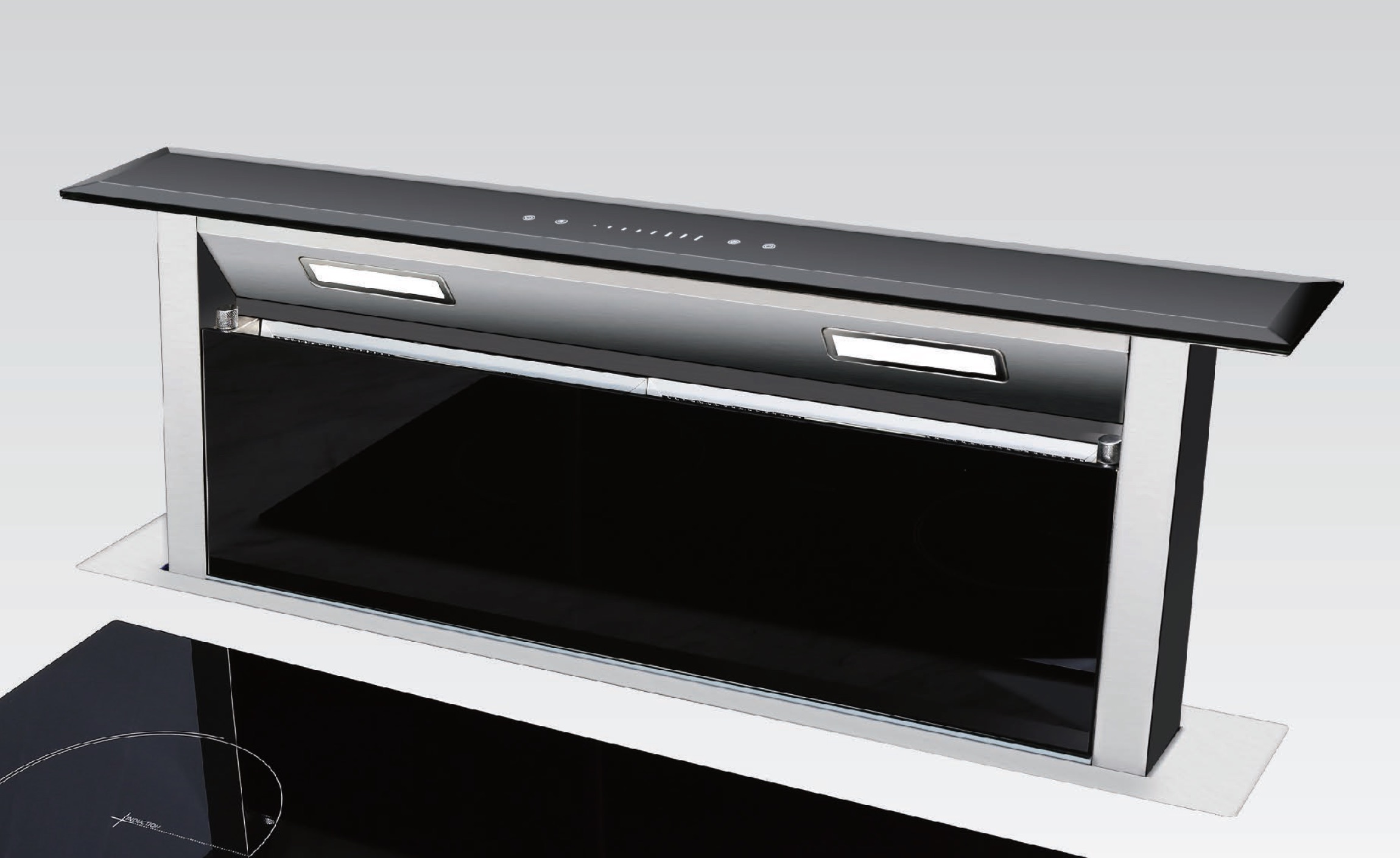

0 thoughts on “What Is A Charcoal Filter Range Hood”